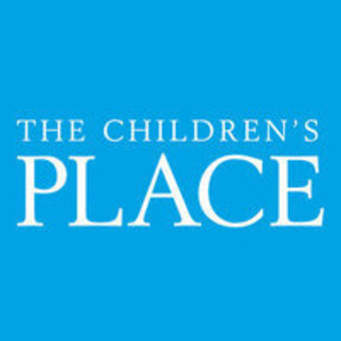Hanoi has consistently proven to be a magnet for foreign direct investment. Nguyen Noi, deputy head of the Foreign Investment Agency under the Ministry of Planning and Investment, talked
Could you give us an overview of the foreign investment picture for Hanoi over the past years?
Hanoi has often been named in the top of emerging cities and provinces in attracting foreign direct investment (FDI). From 1998 till now, the city was home to 4,163 foreign-invested projects, with a total registered investment capital of more than $26.2 billion. The investors in Hanoi are quite diverse, coming from 72 countries and territories, including many developed economies such as the US, Germany, and Japan.
By sector, property made up the largest share, with 31 per cent of total registered capital at $8.2 billion, followed by the processing and manufacturing sector with more than $7.5 billion, accounting for 28 per cent of total investment. The construction sector ranked third with over $2.2 billion, over 8.5 per cent of total investment.
In terms of investment form, wholly foreign-invested projects accounted for the largest number of the total with 3,257 projects, accounting for more than 77 per cent of the total. The next most prevalent form was joint venture investment with 872 projects, accounting for more than 22 per cent of the total.
Industrial parks and export processing zones such as Thang Long Industrial Park, Noi Bai Industrial Park, Hanoi Industrial Park, and Hoa Lac Hi-Tech Park are destinations for this FDI.
Some of the biggest recent licensees include the $864 million Yen So Park, $548 million Starlake Hanoi, and $375 million Vietnam-Russian Telecom project.
How do you evaluate the quality of Hanoi’s foreign investment?
The FDI attraction of Hanoi has recorded impressive results, as most of the licensed enterprises also have good performance results. The FDI disbursement and their performance have witnessed a high growth rate.
For instance in 2016, Hanoi lured $3.3 billion in FDI projects, up 331.44 per cent year-on-year. Among them, 462 new projects have been set up, an increase of 26.9 per cent (with registered capital of $1.9 billion, up 104.6 per cent). 160 FDI projects increased capital, up 107.8 per cent on-year. Besides operating effectively, FDI enterprises also complied strictly with environmental law. No cases of environmental violations have been reported.
How can Hanoi improve the quantity and quality of its foreign investment in the near future?
Intensive integration into the international economy, with the signing and implementation of free trade agreements, joining the ASEAN Economic Community, and taking part in international events such as APEC 2017, will bring opportunities for Hanoi to attract FDI as well as improve the quality of its existing projects.
The city needs to review and shorten the time for administrative procedures for investors, as well as support them in land, construction, labour, tax, and customs procedures after granting the investment registration certificate. It should facilitate the development of FDI in line with the requirements of international economic integration. Hanoi should focus on exploiting new investment forms and applying widespread public-private partnerships to attract FDI.
Investment promotion programmes must be implemented in line with specific projects and enterprises. In particular, they should lure partners that have financial potential and high technology in areas such as urban infrastructure, entertainment, high-tech industry, clean agriculture, and high-quality service.
In order to prepare conditions for high-tech projects, Hanoi needs to develop a plan to train qualified human resources in order to meet the needs of investors. It must also pay attention to selecting qualified officials and staff who understand international law and professional skills. Besides, the city should have a plan to train skilled engineers and skilled workers that FDI enterprises need, paying attention to training models in co-ordination with investors and vocational training schools in the context of the rapid development of industries.
As a political and cultural hub and an economic centre of Vietnam, Hanoi should pay attention to attracting high-tech, friendly FDI projects. In addition, the city should seriously carry out the task of inspecting FDI enterprises on the observance of laws related to environmental issues.
VIR





















